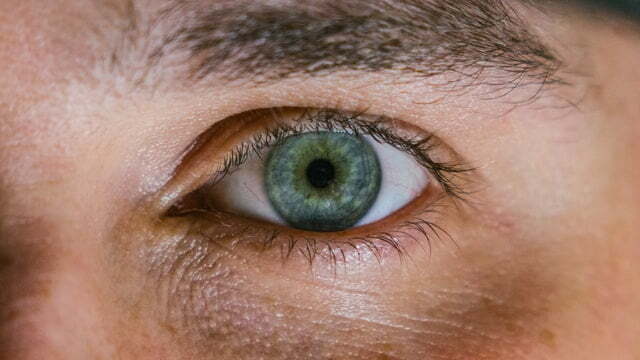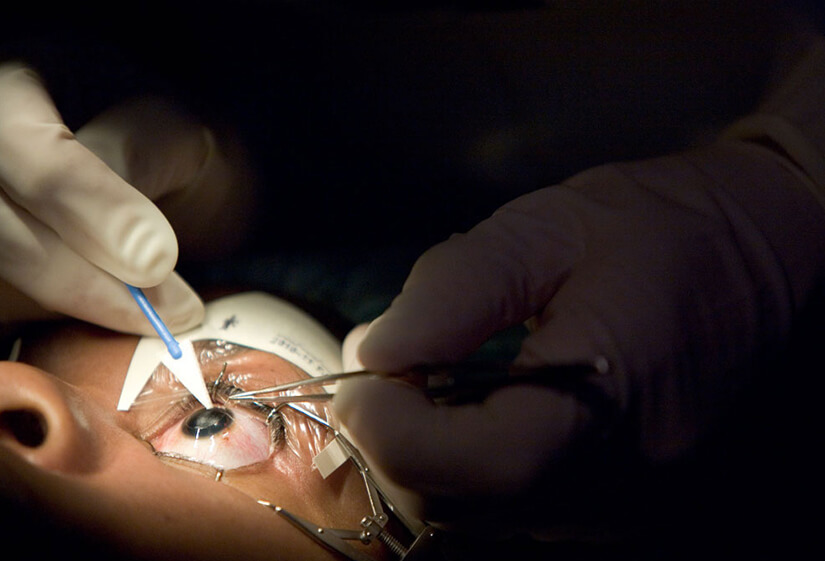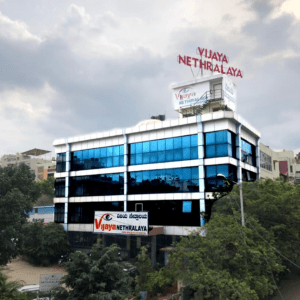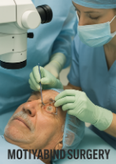Introduction:
Glaucoma is a group of eye conditions that damage the optic nerve, crucial for good vision. Abnormally high pressure in the eye often causes this damage.Therefore, early detection and treatment are essential to prevent significant vision loss or blindness..

Symptoms of Early Glaucoma:
- Subtle Vision Changes: Gradual loss of peripheral vision is a common early symptom.
- Eye Pain: Mild to moderate eye pain can occur, though it’s less common in early stages.
- Halos Around Lights: Seeing halos around lights, particularly in low-light conditions.
- Minor irritations or infections can sometimes cause redness in the eye; however, persistent redness can notably indicate early signs of glaucoma.
- Frequent Headaches: Especially if accompanied by visual disturbances.
Diagnosis of Early Glaucoma:
- Tonometry: Measures intraocular pressure (IOP). Elevated IOP is a major risk factor for glaucoma.
- Ophthalmoscopy: Examines the optic nerve for damage.
- Perimetry: Tests peripheral (side) vision to detect vision loss.
- Gonioscopy: Inspects the drainage angle of the eye to see if it is open or closed.
- Pachymetry: Measures the thickness of the cornea, which can affect IOP readings.
Treatment Options for Early Glaucoma:
- Medications: Eye drops are commonly prescribed to reduce eye pressure. These may include beta blockers, prostaglandin analogs, alpha agonists, and carbonic anhydrase inhibitors.
- Laser Therapy: Procedures like selective laser trabeculoplasty (SLT) can help fluid drain out of the eye, reducing pressure.
- Surgery: When medications and laser therapy are not sufficient, surgical options such as trabeculectomy or the insertion of drainage implants may be considered.
Preventative Measures and Lifestyle Adjustments:
- Regular Eye Exams: Essential for early detection, especially if you have risk factors like family history, diabetes, or high blood pressure.
- Healthy Diet: Foods rich in antioxidants, vitamins A and C, and omega-3 fatty acids can support eye health.
- Exercise: Regular, moderate exercise can help reduce eye pressure.
- Protect Your Eyes: Use protective eyewear to prevent injuries that could exacerbate eye problems.
- Medication Adherence: Follow your doctor’s instructions precisely for using eye drops and other medications.
Author Details:
Dr. Sushruth Appajigowda holds a prominent position as a Cornea, Cataract, Glaucoma, and LASIK Surgeon in Bangalore. He serves as the chief Cataract and Refractive surgeon at Vijaya Nethralaya Eye Hospital, Nagarbhavi Bangalore. Renowned as one of the finest LASIK surgeons nationwide, he brings with him over 12+ years of experience across multiple LASIK platforms, including ZEISS, ALCON, SCHWIND, AMO, and Bausch and Lomb. Having successfully conducted over 5000 LASIK procedures, Dr. Sushruth holds the title of a Certified Refractive Surgeon and a Fellow of the All India Collegium Of Ophthalmology. Furthermore, he stands as a distinguished speaker at various National and International Forums, using his expertise to guide you in selecting the most suitable procedure based on your health requirements.

http://vijayanethralaya.com/link-in-bio/
Conclusion:
Early glaucoma can be managed effectively with prompt diagnosis and treatment. Regular eye check-ups and being aware of the subtle symptoms can make a significant difference in preserving your vision.











